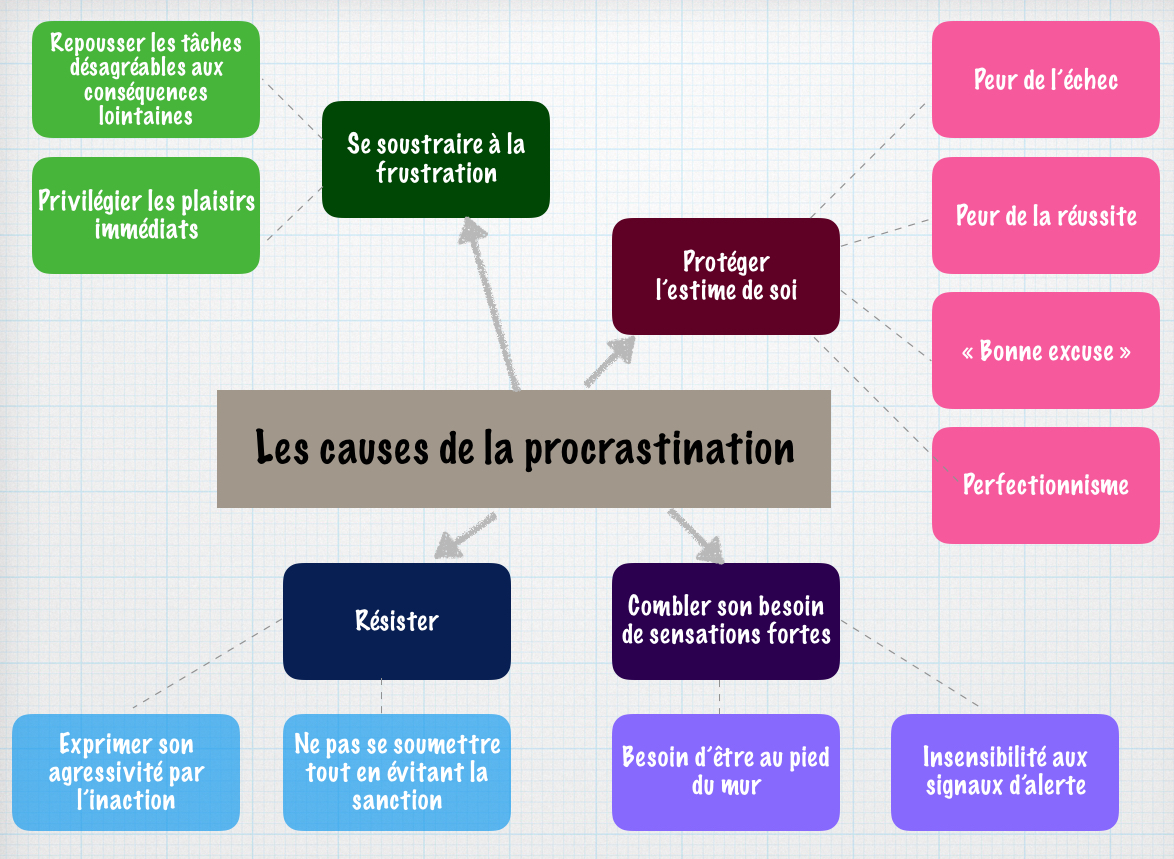Mastering Strategies to Overcome Procrastination, Emotional Dependency, and the Impostor Syndrome
Mastering Strategies to Overcome Procrastination, Emotional Dependency, and the Impostor Syndrome
Blog Article
Why do some individuals struggle with emotional dependency or impostor syndrome? Psychological research provides valuable explanations into these behaviors, helping us understand their roots and possible solutions.
Through this exploration, we will examine the psychological mechanisms behind procrastination, emotional dependency, and impostor syndrome. By understanding their underlying causes, you can take actionable steps toward self-improvement.
What is Procrastination?
Procrastination is often misunderstood as simple laziness; it’s a behavior rooted in brain functions. Studies in neuroscience show that conflict between brain regions often leads to procrastination.

The limbic system, responsible for emotional responses, tends to dominate the logical decision-making center. This results in prioritizing short-term comfort over long-term goals. Techniques like mindfulness and CBT can help rewire these patterns.
The Psychology of Emotional Dependency
Emotional dependency is deeply tied to attachment theory. According to research that childhood experiences and relational dynamics play a significant role in shaping dependency behaviors.
For example, those with anxious attachment tendencies may develop excessive reliance on others. To overcome emotional dependency involves building emotional self-reliance through practices like journaling, therapy, or mindfulness-based techniques.
The Cognitive Science of Impostor Syndrome
Impostor syndrome stems from biased mental patterns, such as overgeneralization and perfectionism. Studies in cognitive science indicate that individuals with impostor syndrome often engage in negative self-talk.

These distortions lead to a “fear of being found out” and difficulty in accepting success. Strategies like restructuring thought patterns and mindfulness-based stress reduction (MBSR) are scientifically backed ways to combat these feelings.
Practical Solutions Backed by Science
Gaining a scientific perspective is the first step, but implementing evidence-based solutions is critical. Here are some proven methods:
- Procrastination: Use implementation intentions—specific plans that link a goal to a cue, such as “If it’s 9 AM, I will start writing my report.”
- Emotional Dependency: Practice self-differentiation, a technique where you focus on identifying your own needs separate from others’ expectations.
- Impostor Syndrome: o'que e dependencia emocionaldepedencia emocional Keep a success journal to document your accomplishments and review them regularly to challenge distorted self-perceptions.
tipos de dependência emocional
These approaches are supported by empirical studies, making them reliable tools for personal development.
Why Understanding the Science Matters
These challenges can be managed effectively when you understand their scientific underpinnings. By addressing the brain’s tendencies, psychological patterns, and cognitive distortions, it’s possible to create lasting positive change.
Awareness is the key to growth. Take the first step today by applying these strategies to build resilience and confidence.
Report this page